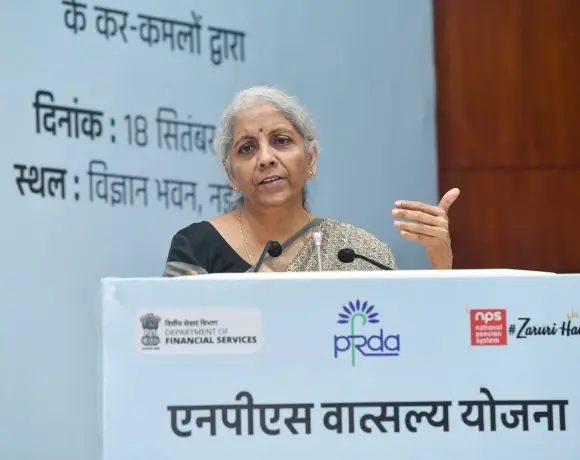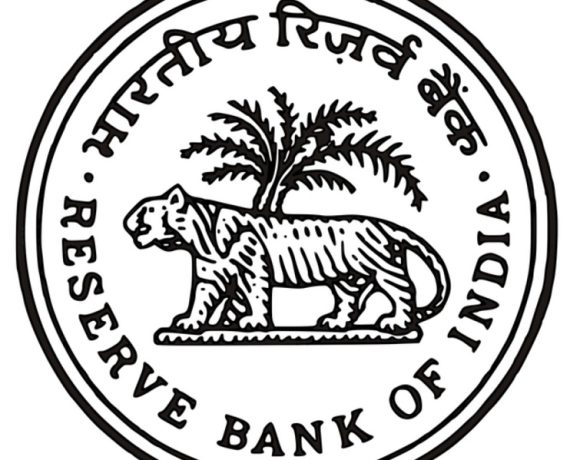
Government Pushes for Geotagging of Banking Correspondents
The Ministry of Finance is exploring a proposal to implement geotagging for all banking correspondents (BCs) across the country. This initiative aims to enhance the efficiency of financial inclusion efforts, ensuring better access to banking services in underserved areas.
Enhancing Financial Inclusion
Geotagging involves attaching geographical information to the locations of BCs, enabling better monitoring and service optimization. The ministry believes this step will help track the reach and availability of banking services in remote and rural areas. By identifying gaps in coverage, authorities can implement targeted measures to bridge the divide and strengthen the banking infrastructure.
“Geotagging banking correspondents will allow us to create a comprehensive database of their operational areas,” stated a senior official involved in the discussions. This initiative is expected to complement ongoing financial inclusion schemes like the Pradhan Mantri Jan Dhan Yojana, which aims to bring banking access to every household in the country.
Improved Monitoring and Accountability
The proposed system will also improve accountability. With precise data on the locations and activities of BCs, banks can better assess service delivery and address challenges promptly. This level of transparency will benefit not just financial institutions but also customers who rely on BCs for essential services like deposits, withdrawals, and account management.
Technology-Driven Solutions
The Ministry of Finance is collaborating with technology partners to ensure the seamless integration of geotagging tools. Banks may soon be required to adopt the system for their network of correspondents, with guidelines expected to be issued in the coming months.
Bridging the Rural-Urban Divide
The move underscores the government’s commitment to reducing the rural-urban disparity in banking services. By leveraging technology, authorities aim to make banking accessible to the most remote corners of the country, empowering citizens with greater financial independence.
The proposal is currently under review, and further developments are anticipated as stakeholders work to finalize the framework for implementation.


















